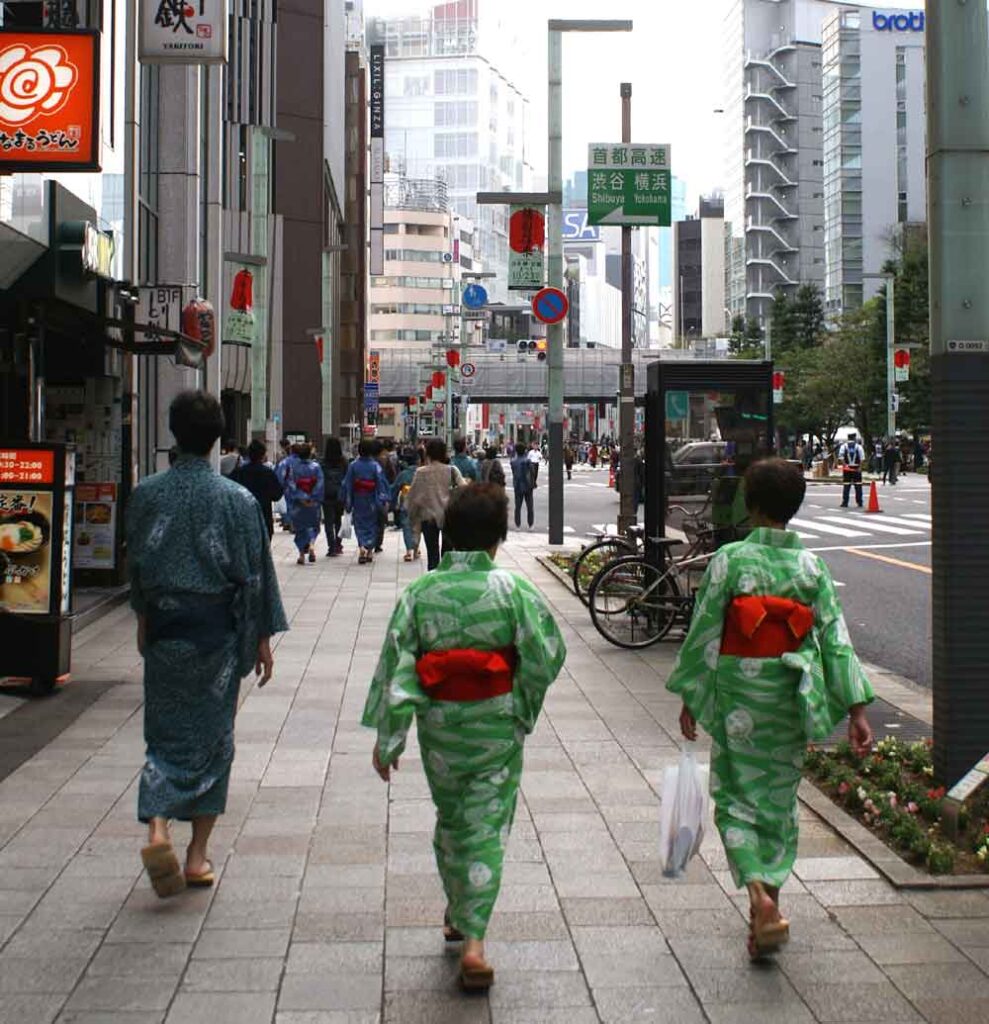At the heart of Japanese society, a little-known phenomenon captures attention: the “Johatsu,” literally translated as “the evaporated.” These mysterious individuals have chosen to disappear voluntarily, escaping the overwhelming social, familial, or professional pressures that can exist in Japan. Let’s delve into the enigmatic world of Johatsu to understand the reasons behind this radical decision and the sociocultural implications that ensue.
The phenomenon of the evaporated
The term “Johatsu” refers to those who have chosen to evaporate from their daily lives without leaving a trace. These voluntary disappearances are often the result of a combination of factors, such as workplace pressure, family issues, shame, or humiliation. The individuals involved decide to sever all ties with their former life, including loved ones, and start anew elsewhere.
Reasons behind the disappearances
Several reasons motivate Johatsu to make such a decision. Social pressure in Japan, especially in the professional realm, can be stifling. High expectations, long working hours, and the stigma of failure can drive some to flee rather than face the consequences of their difficulties. Family problems, such as shameful divorces, can also be a frequent cause.
The evaporated and their process
Johatsu adopt various strategies to disappear effectively. Some choose to leave their homes without notifying anyone, leaving behind letters explaining their decision. Others use specialized services to help them build a new identity, often changing their name, job, and place of residence. These services sometimes include agencies specialized in document falsification.
Sociocultural consequences
The disappearances of Johatsu leave behind shattered families, bewildered friends, and perplexed colleagues. The psychological consequences for loved ones can be devastating, fueling a sense of betrayal and abandonment. Socioculturally, the phenomenon highlights the challenges related to social pressure in Japan and underscores the need to rethink social and professional norms.
Reactions of Japanese society
Japanese society reacts ambivalently to Johatsu. On one hand, there is some understanding of the intense pressures that lead some individuals to make such a decision. On the other hand, traditional society may stigmatize those who choose to break with established norms. Some advocate for greater understanding and tolerance towards those who decide to evaporate, while others believe it goes against values of responsibility and commitment to the community.
Conclusion
Johatsu represents a complex phenomenon in Japan, shedding light on the social and cultural challenges faced by some individuals. Their voluntary disappearance raises questions about social pressure, professional and family expectations, as well as the need for open and understanding dialogue within Japanese society. Understanding Johatsu can contribute to a deeper reflection on how society can support its members facing difficulties. And without pushing them towards choosing evasion as the only option.





